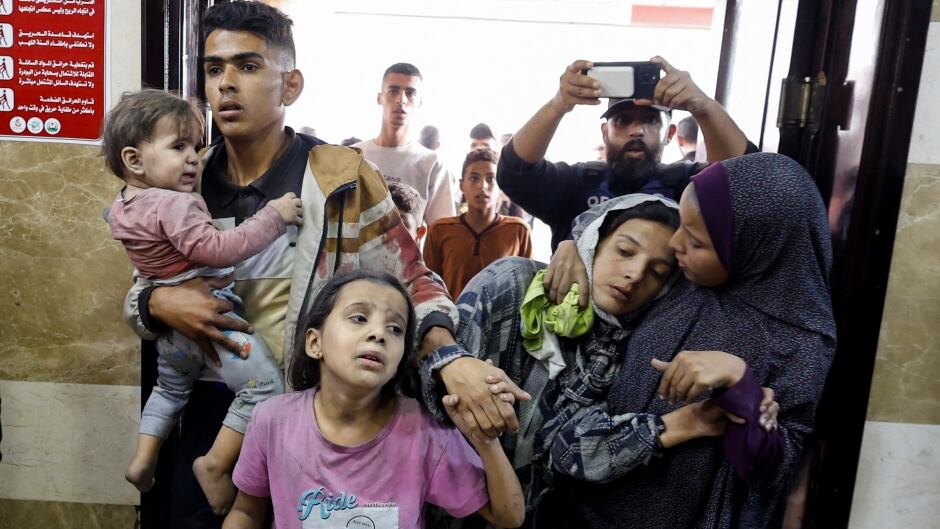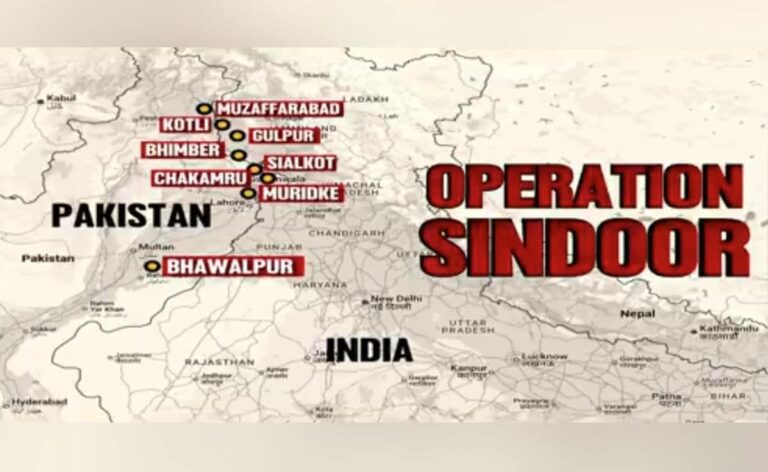WHO: Gaza Hospitals Face ‘Unimaginable Conditions’ Following Israeli Airstrikes

April 15, 2025
As fighting intensifies in Gaza, the World Health Organization (WHO) has issued an alarming statement calling the conditions at local hospitals “beyond description.” Following a new wave of Israeli airstrikes, medical facilities across the enclave are nearing total collapse, with shortages of fuel, medical supplies, and staff creating a humanitarian catastrophe.
“System in Freefall,” Says WHO
During a press briefing on April 15, WHO spokesperson Dr. Margaret Harris stated:
“The situation in Gaza’s hospitals is nothing short of apocalyptic. Doctors are operating without anesthesia, patients are lying on the floor, and trauma cases are arriving by the minute.”
More than 70% of Gaza’s hospitals are either non-functional or severely impaired due to direct damage or lack of essential supplies. The remaining hospitals are overwhelmed, often treating five to six times their intended capacity.
Airstrikes Hit Near Key Medical Facilities
Recent Israeli air raids reportedly struck areas close to Al-Shifa Hospital and Nasser Medical Complex, two of the largest remaining facilities in operation. Doctors Without Borders and local health officials have warned that even minor additional damage could render these lifelines inoperable.
Power and Fuel Crisis Intensifies
Due to ongoing blockades and fuel restrictions, many hospitals have shut down key services. Power outages have forced critical units, such as neonatal ICUs and dialysis wards, to run on backup generators—many of which are expected to fail within days.
Casualties and Psychological Toll Rising
Medical staff are working around the clock in what WHO calls “war-zone triage mode.” According to Palestinian health authorities, the number of injured civilians has surpassed 30,000, with children accounting for a significant portion.
The psychological strain is also mounting. Nurses and surgeons are reportedly showing signs of severe burnout and PTSD, with no relief in sight.
International Response and Urgent Calls for Ceasefire
The WHO, along with UN agencies and NGOs, is calling for:
- Immediate ceasefire and safe corridors for medical aid delivery
- Uninterrupted fuel and medical supply access
- Protection of all medical facilities under international humanitarian law
Despite mounting global pressure, diplomatic talks remain stalled, and the humanitarian crisis is deepening by the hour.





